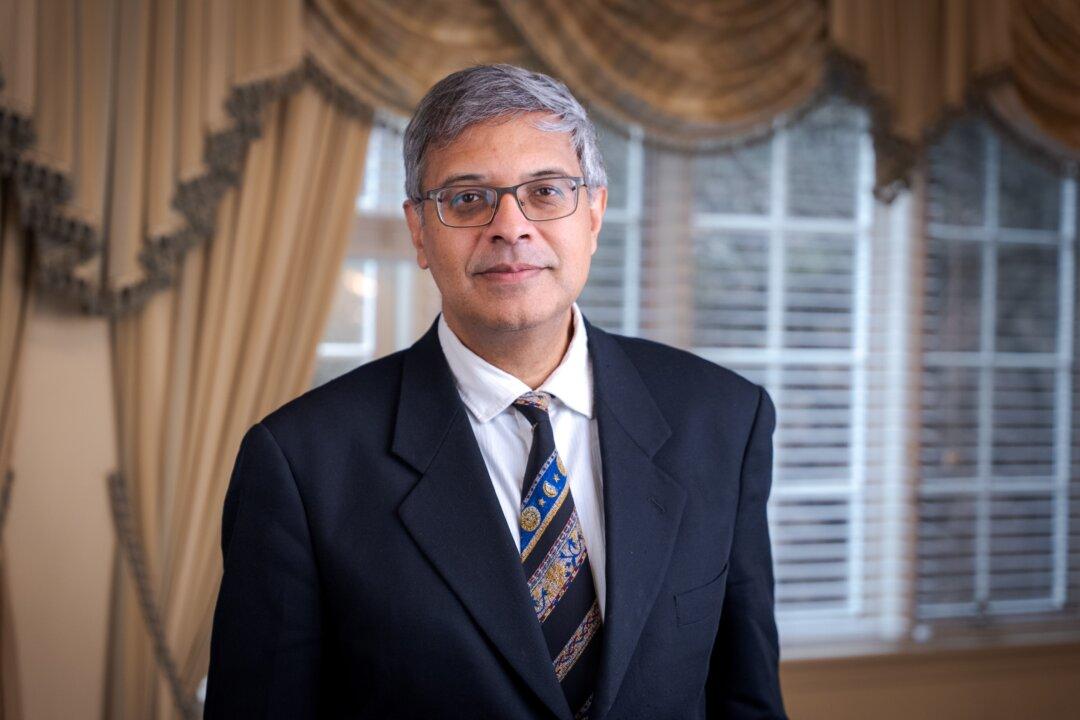All 50 states should establish expert groups to provide alternatives to the U.S. Centers for Disease Control and Prevention (CDC), a Stanford University professor says.
“Every state should have their own second opinion of CDC policy and decision making,” Dr. Jay Bhattacharya, a professor of health policy at Stanford, told EpochTV’s “American Thought Leaders“ program. The interview will premiere on Saturday, February 25 at 7:30pm ET.






